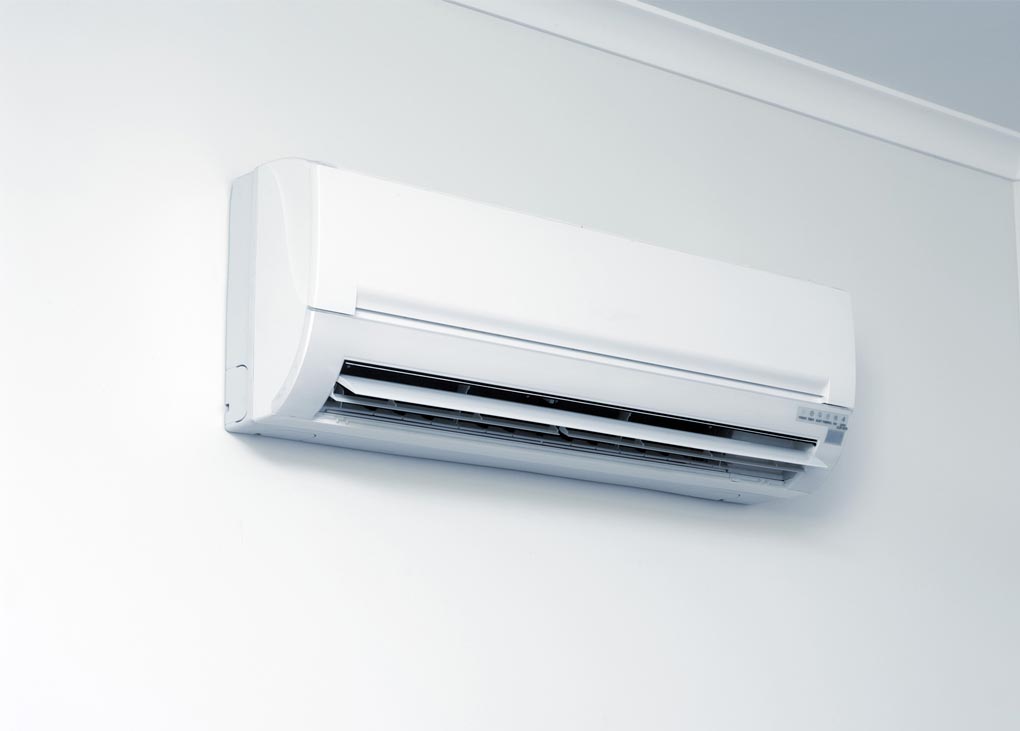The federal government has amended The Ozone Protection and Synthetic Greenhouse Gas Management Regulations to ban the import and manufacture of small air conditioning systems using high-GWP refrigerants. The updates also introduce new penalties for offences under the regulations.
The amendments, originally announced in June 2023, as well as an explanatory statement, can be found on the Federal Register of Legislation – Ozone Protection and Synthetic Greenhouse Gas Management Amendment (2024 Measures No. 1) Regulations 2024.
Restrictions on AC
Restrictions on the import and manufacture of the following equipment will come into force from July 1, 2024:
- Outdoor units for single-head split air conditioning systems
- Portable air conditioners
- Window/wall air conditioners (a single unit designed to be fixed to a window or wall).
Restrictions on the import and manufacture of the following equipment will come into force from July 1, 2025:
- Outdoor units for multi-head split air conditioning systems.
The restrictions will apply to air conditioning equipment that:
- Is designed to cool or heat, or both, a stationary space for human comfort
- Has a standard refrigerant charge of 2.6kg or less (per the compliance plate or manual)
- Contains, or is designed to operate with, an HFC refrigerant that has a global warming potential (GWP) of more than 750.
Impacts and exemptions
The government website provides lists of GWPs of the more commonly used refrigerants. Refrigerants commonly used for this type of equipment that will no longer be allowed to be imported include R410A (GWP of 2,088) and R134a (GWP of 1,430). Refrigerants used for this type of equipment that can continue to be imported include R32 (GWP of 675) and R290 (GWP less than 5).
The restrictions will not apply to:
- Outdoor units for ducted systems
- Equipment designed for use in mobile applications such as motor vehicles, caravans, aircraft and boats
- Equipment designed for use in electrical enclosures and computer rooms
- Air-to-water equipment, such as units for hydronic home heating systems.
An equipment licence may be granted under certain limited circumstances, enabling equipment to be imported under licence where:
- The equipment is essential for medical, veterinary, defence, industrial or public safety, or scientific purposes, and no practical and effective alternative exists
- The equipment is incidental to the main import, and it is impractical to remove or retrofit the equipment (for example, equipment incorporated into a large boat or drilling rig)
- Exceptional circumstances exist.
Existing equipment in Australia will not be affected. Equipment imported or manufactured in Australia before July 1, 2024 may be sold after that date.
New penalties
Other regulatory changes will strengthen the ability of the government to crack down on offences.
Changes include:
- The penalties for strict liability offences will increase from 10 penalty units to 50 penalty units
- A mirror civil penalty provision for each offence will be included in the principal regulations, with a maximum civil penalty of 60 penalty units. The lower burden of proof in civil cases will address the difficulty of prosecuting criminal cases, where proof must be beyond reasonable doubt. In these cases, even a video of someone venting (invisible) refrigerant may not conclusive enough to represent proof.
- Imposing a fee for special circumstances exemptions in the refrigeration and air conditioning context and increasing the same fee in the fire protection context.
Finally, from August 1, 2024, the lists of qualifications, units of competency and standards required for a refrigerant handling licence and an extinguishing agent handling licence will be moved from the regulations to a separate legislative instrument made by the minister. This will facilitate the review and update of codes, standards and qualification requirements, which currently require a regulation change.
Questions and concerns can be directed to [email protected]
Image by freeimageslive.co.uk
 Mark Vender
Mark Vender


Leave a Reply